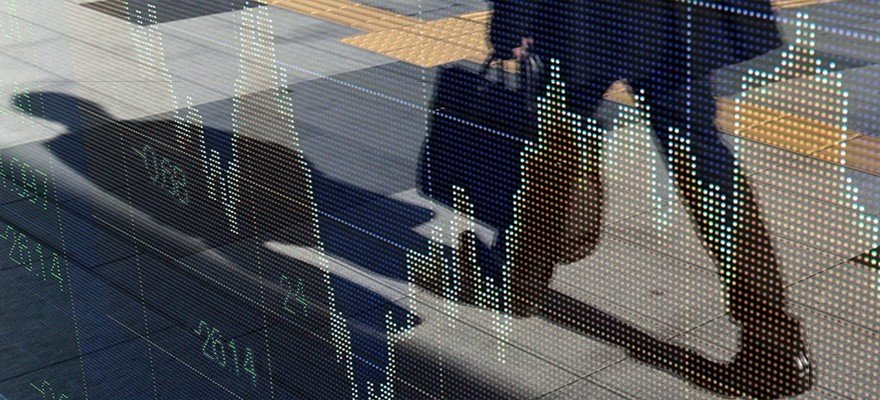D-day for British pound traders has finally come. The U.K. election polls take place today and suggestions about excessive volatility are beginning to pour in. However what’s more important from an industry perspective is not how will the market react in the next 24 hours, but rather the long term policy implications from the reign of a new government.
Regardless of whether the conservatives or labor win, the implications of this election are likely to be felt across the financial industry in the long run. While in recent years the economic climate in the U.K. has been mostly stable from a financial industry perspective, recent pledges by both sides of the aisle sound worrying.
But lets take a look at short term volatility first.
GBP Implied Volatility: This Time its Different… Not
Implied volatility derived from the options premiums on the GBP/USD currency pair are suggesting quite an uncertain reaction to the results from this U.K. election. Ken Rogoff and Carmen Reinhart have notoriously coined the term, “this time its different” as a description of a phenomenon that haunts many market participants.
Nothing has changed much since last elections, even implied volatility in the GBP/USD pair. For the options expiring in May 12th, the implied volatility is 18.37%, which is the highest figure since… the last U.K. elections in May 2010. The market is discounting a high probability for excessive moves in the pair, and brokers are largely prepared to meet rising activity in GBP pairs.
According to RBC Capital market strategists, “As soon as the polls close at 22:00 local time (21:00 GMT), exit polls will be released and news organizations will publish their seat projections.”
“In the last two elections, the exit polls called the results almost exactly, so expect the GBP to move on any surprise relative to the outcome implied by prediction models today.”
The latest set projections are geared towards a Conservatives win with 281 seats, followed by Labor with 266, the Liberal-Democrats with 26, the Scottish National Party with 52 and a single seat for the UK Independence Party (UKIP).
The results are largely expected, so market volatility is likely to come after some clarity about a prospective government. So what could the implications for the industry be?
Ed Miliband starring Robin Hood & David Cameron starring Nigel Farage
Five years after the last U.K. election, not much is different. After last time the conservatives have managed to strike a deal with liberal democrats, this time this coalition won’t be enough to form a solid government.
The main issue is that establishment parties have lost the trust of the voters. At the same time anti-establishment parties, like the UKIP for example have lost their momentum with outrightly massive communication and policy mistakes.
Let’s not kid ourselves, the alternatives remain the same – a labor or a conservatives led coalition. What’s different this time around is that both options are holding inherent risks to the foreign exchange industry.
Labor’s leader Ed Miliband has pledged to raise corporate taxes to 25%, while David Cameron has argued that U.K. voters should choose in a referendum whether the country should remain a Eurozone member. Both outcomes are risking severe negative implications for the financial industry in the U.K. An exit from the Euro Zone would mean no license passporting, while higher taxes will mean leaner profits.
For now a Brexit seems like a distant possibility, however the alternative of a leftist labor government doesn’t sound like the right choice either. The lack of certainty would be the worst outcome for the financial industry. However ironically, the lack of a new government or a protracted negotiation on forming a working coalition could trigger more volatility, hence boosting trading volumes across various asset classes.





Be First to Comment